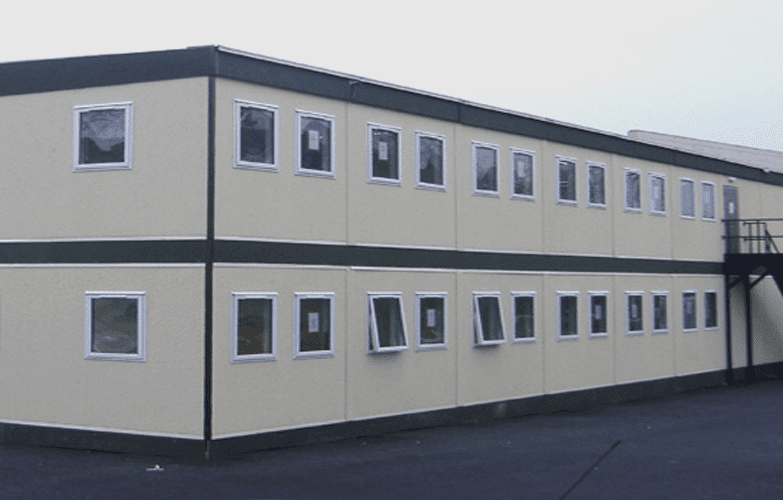The Design, Build, and Installation of Modular Buildings
Modular buildings have gained immense popularity in recent years due to their versatility, cost-effectiveness, and eco-friendly nature. These innovative structures […]

Modular buildings have gained immense popularity in recent years due to their versatility, cost-effectiveness, and eco-friendly nature. These innovative structures are designed, built, and installed using a unique approach that offers numerous benefits over traditional construction methods. In this post, we will explore the process of designing, building, and installing modular buildings, highlighting their advantages and the impact they have on various industries.
Design Phase:
The design phase of modular buildings is crucial as it sets the foundation for the entire project. During this stage, architects and engineers collaborate to create detailed plans and specifications. One of the key advantages of modular construction is its flexibility in design. Modular buildings can be customised to meet specific requirements, whether it’s an office space, healthcare facility, classroom, or residential unit. Designers utilise computer-aided design (CAD) software to create precise and efficient modules that can be easily assembled.
Factory Construction:
Once the design is finalised, the construction of modular buildings takes place in a controlled factory environment. The factory setting offers several advantages, such as reduced material waste, enhanced quality control, and faster construction timelines. Skilled workers fabricate individual modules, including walls, floors, ceilings, and even fully finished rooms. The modules are constructed using high-quality materials, and rigorous quality checks are performed throughout the production process to ensure adherence to industry standards.
Efficient Assembly and Installation:
Modular buildings are known for their quick and efficient assembly. Once the modules are constructed in the factory, they are transported to the installation site. The modules are carefully transported using trucks, minimising disruption to the surrounding environment. Cranes or other lifting equipment are utilised to position the modules into place, ensuring precision and accuracy during installation. The modular units are then seamlessly connected, and the necessary utilities, such as electricity, plumbing, and HVAC systems, are integrated.
Cost-Effectiveness:
Modular construction offers significant cost savings compared to traditional building methods. The controlled factory environment reduces material waste and optimises the use of resources, resulting in lower construction costs. Additionally, the shorter construction timelines associated with modular buildings lead to reduced labor costs. Moreover, the efficient use of materials and streamlined processes contribute to overall cost-effectiveness, making modular construction an attractive option for both small-scale projects and large-scale developments.
Sustainability and Eco-Friendliness:
Modular buildings are inherently sustainable and eco-friendly. The controlled factory construction process minimises waste generation, and materials can be reused or recycled. Additionally, modular construction often incorporates energy-efficient features, such as insulation, LED lighting, and energy-saving appliances. The reduced environmental impact of modular buildings, combined with their energy efficiency, makes them a desirable choice for organisations aiming to achieve sustainability goals.
Adaptability and Scalability:
Modular buildings offer unparalleled adaptability and scalability. Their design allows for easy expansion, modification, or relocation as per changing needs. Additional modules can be seamlessly integrated into existing structures, allowing businesses and institutions to adapt to evolving requirements without significant disruption. This flexibility makes modular buildings an ideal solution for temporary facilities, seasonal needs, or projects with uncertain future requirements.
Design & Build of Modular Buildings
The design, build, and installation of modular buildings have revolutionised the construction industry. Their efficient and sustainable nature, coupled with cost-effectiveness and adaptability, make them an attractive choice for a wide range of applications. As the demand for flexible and innovative building solutions continues to grow, modular construction is poised to play a significant role in shaping the future of construction, offering efficient and sustainable spaces that meet the evolving needs of various industries.